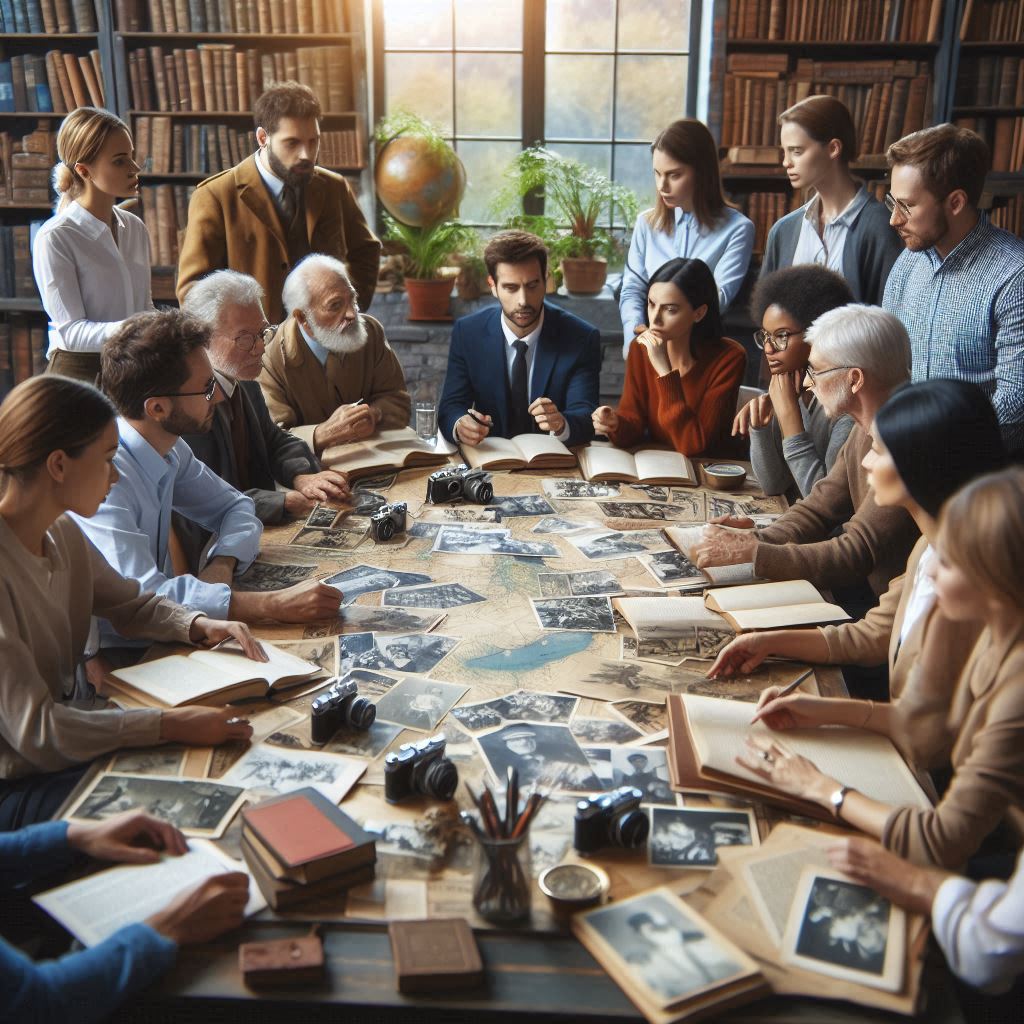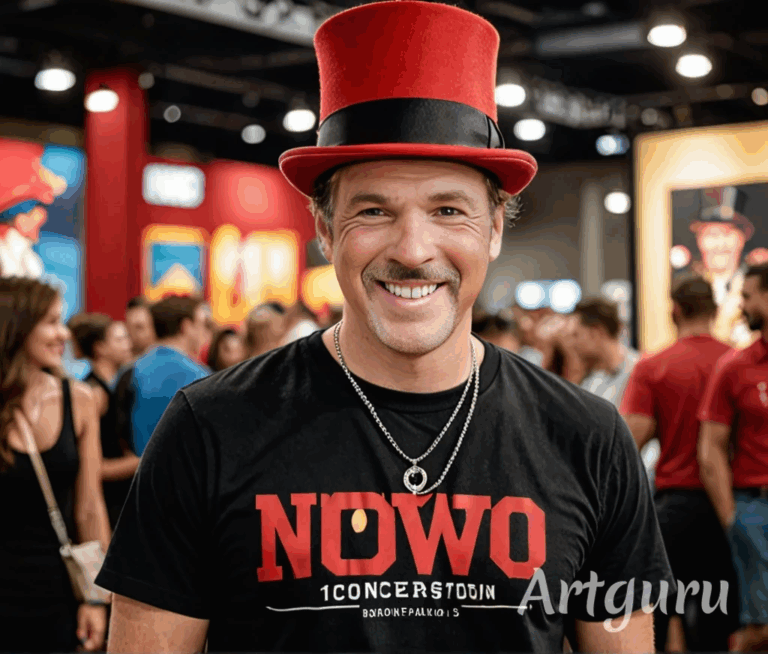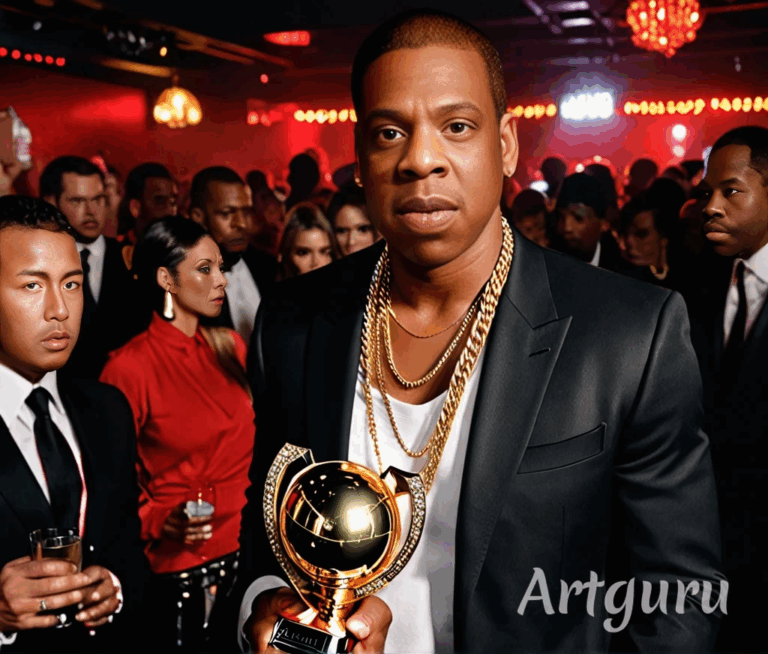
World War Two, a conflict of unprecedented scale and sacrifice, often brings to mind the iconic leaders, pivotal battles, and grand strategies that shaped its outcome. Yet, beneath the well-trodden narratives lie countless stories of courage, ingenuity, and quiet determination – the stories of the forgotten heroes who, through their extraordinary actions, contributed immensely to the Allied victory.
These unsung champions came from all walks of life, all nations, and served in myriad capacities. They weren’t always decorated generals or famous spies; sometimes, they were ordinary individuals thrust into extraordinary circumstances, or those whose contributions, though vital, were overshadowed by larger events or kept secret for decades.
The Resilience of Resistance Fighters: Across occupied Europe, the spirit of defiance burned brightly in the hearts of resistance fighters. While some movements like the French Maquis are widely recognized, countless smaller, localized groups and individuals risked everything. Women, in particular, played crucial, often underestimated, roles as couriers, saboteurs, intelligence gatherers, and even leaders of vast spy networks. Figures like Andrée de Jongh, a young Belgian nurse who established the “Comet Line” to help downed Allied airmen escape through occupied territory, or Marie-Madeleine Fourcade, who led one of the largest spy rings in France, exemplified incredible bravery under constant threat of capture and torture. Their networks, built on trust and incredible risk, provided vital intelligence and saved countless lives.
The Brilliance Behind the Codes: The war was not just fought on battlefields but in silent rooms, where minds battled against the enemy’s most complex ciphers. While Bletchley Park and Alan Turing are now widely known, the foundational work of Polish mathematicians, including Marian Rejewski, who made the initial breakthrough in breaking the Enigma code years before the British, is often overlooked. These unsung cryptographers provided invaluable intelligence that influenced countless Allied decisions, yet their contributions remained classified for decades, preventing them from receiving the immediate recognition they deserved.
The Sacrifices on the Front Lines (Beyond the Combatants): Beyond the soldiers with rifles, other essential personnel faced equal peril. Medics and corpsmen, often unarmed, ventured into active combat zones to tend to the wounded, frequently becoming targets themselves. Their selflessness under fire saved innumerable lives, yet their stories are frequently subsumed by the narratives of the fighting troops. Similarly, aerial gunners on bomber crews, though critical to the defense of their aircraft against enemy fighters, rarely received the same level of recognition as pilots, despite their direct engagement in deadly aerial combat.
The Humanitarian Trailblazers: Amidst the devastation, humanitarian workers and volunteers tirelessly provided aid and assistance. Organizations like the Red Cross, Oxfam, and CARE navigated immense logistical challenges to deliver supplies across continents. Beyond official aid, individuals like Irena Sendler, a Polish social worker, courageously smuggled over 2,500 Jewish children out of the Warsaw Ghetto, providing them with new identities and saving them from almost certain death. Her story, like many others, remained largely unknown for decades after the war.
Everyday Heroes, Extraordinary Actions: Sometimes, heroism emerged in the most unexpected places. Individuals like Georg Ferdinand Duckwitz, a German diplomat who, despite being a reluctant Nazi party member, secretly warned the Danish resistance about plans to deport Jews, leading to the miraculous rescue of nearly the entire Danish Jewish population. Or the young Edelweiss Pirates in Germany, teenagers who resisted the Nazi regime through sabotage and defiance.
The narratives of World War Two are vast, and while we rightly remember the pivotal moments and celebrated figures, it is crucial to continually delve deeper. By shining a light on these forgotten heroes – the resistance fighters, the codebreakers, the medics, the humanitarians, and countless others – we not only honor their immense sacrifices but also gain a more complete and nuanced understanding of a war that truly involved the efforts of millions, many of whom fought their battles in the shadows. Their stories remind us that courage, compassion, and the will to resist injustice can manifest in countless forms, often in the quietest corners, yet with world-changing impact.







